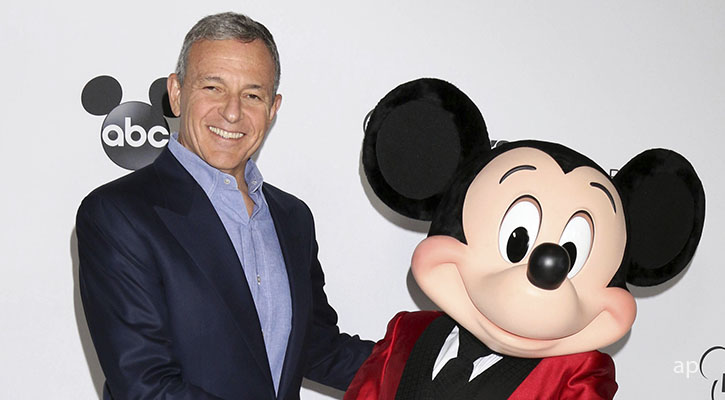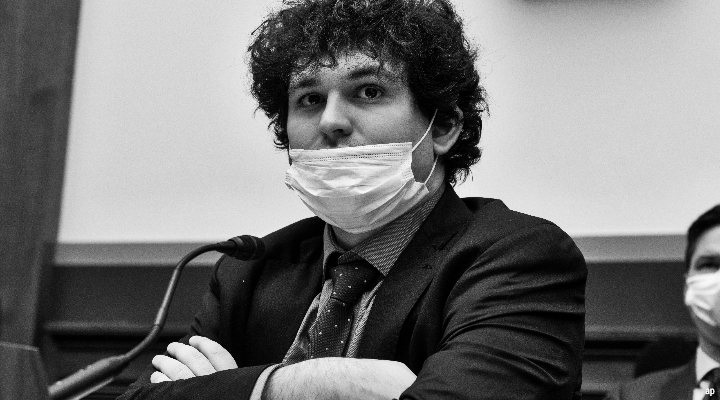
The Walt Disney Company (DIS) is a vast entertainment empire spanning Disneyworld, Marvel, Pixar, the Star Wars franchise and Mickey Mouse. But it has had a management shakeup. This is not unusual in the corporate world but this one has caused quite a stir. Morningstar analyst Neil Macker describes it as a "stunning move".
What’s Happened?
Disney has swapped a Bob for a Bob. Former chief executive Bob Iger, who ran Walt Disney from 2005 to 2020, is replacing Bob Chapek with immediate effect. Iger has signed a two-year deal to help the firm find a long-term successor and set its strategic direction..
Is He Likely to Stay On?
Macker says he wouldn’t be surprised, particularly as he delayed retirement three times in his first era as CEO. He's willing to put the hours in to help the company become untangled.
Does Iger Bring High Hopes?
"Iger has a much longer and stronger record with investors, which will likely help Disney and him during the transition period," Macker notes. In his 15-year reign, shares soared from around $25 to $140. He also has closer ties with Hollywood studios and is more comfortable rubbing shoulders with the "talent".
"The reinstatement of Iger will likely help with Hollywood relationships, given his much stronger ties within that community than Chapek," Macker adds.
"Iger […] has generally been highly thought of by cast members and could help lighten some of the relationship strain that arose from the pandemic." When Chapek took over from Iger in 2020, Iger was described as an extremely tough act to follow.
What Did Chapek Achieve?
Under Chapek, Disney expanded into streaming via Disney+, a subscription service rivalling Netflix and Amazon Prime on price. It boasts the Marvel franchise films, Star Wars and The Simpsons among its current offering.
Chapek was also known for focusing on the parks side of the business – and pushing an expansion in the metaverse – but he was less adroit at handling Hollywood.
It's worth pointing out Chapek oversaw the re-opening of Disney's parks after the pandemic, a tricky diplomatic situation in China, which has a park in Shanghai.
What Does it Mean for Customers?
Streaming is likely to stay key to the company strategy.
"We expect Iger will unwind some of the major changes put in place by Chapek. Even with the changes, we expect Iger will continue to emphasise the central role of streaming at Disney," Macker says.
How Have Investors Reacted?
Shares were up 6% on Monday to $97.58, but this is below the Morningstar fair value of $170 per share. Disney stock is down 36% in the last year and the company has just unveiled a $1.5 billion loss in the last quarter and announced job cuts.
Morningstar’s Macker says the $170 fair value estimate is likely to be slightly lowered after the announcement, although the wide moat rating is maintained.
Will Chapek Have to Don a Mickey Mouse Suit?
Unlikely. Disney is known for its galaxy-sized payouts. Chapek is expected to pick up more than $50 million in severance. In the 1990s, the company stunned investors and the corporate world when it paid former President Michael Ovitz around $130 million for a "no-fault" payout, the majority of which came from stock options. He’d been at the company for 14 months. In the same decade, former CEO Michael Eisner – Bob Iger’s predecessor – exercised stock options that made him a profit of $565 million, a record at the time.
America Inc has since cooled on the idea of offering stock options as a "golden goodbye" – particularly as it tends to incentivise short-term risk-taking to boost stock prices.
But there is an argument it ties payout to performance: if a company has performed badly under a CEO’s tenure, that at least is reflected in the size of the payoff.



























